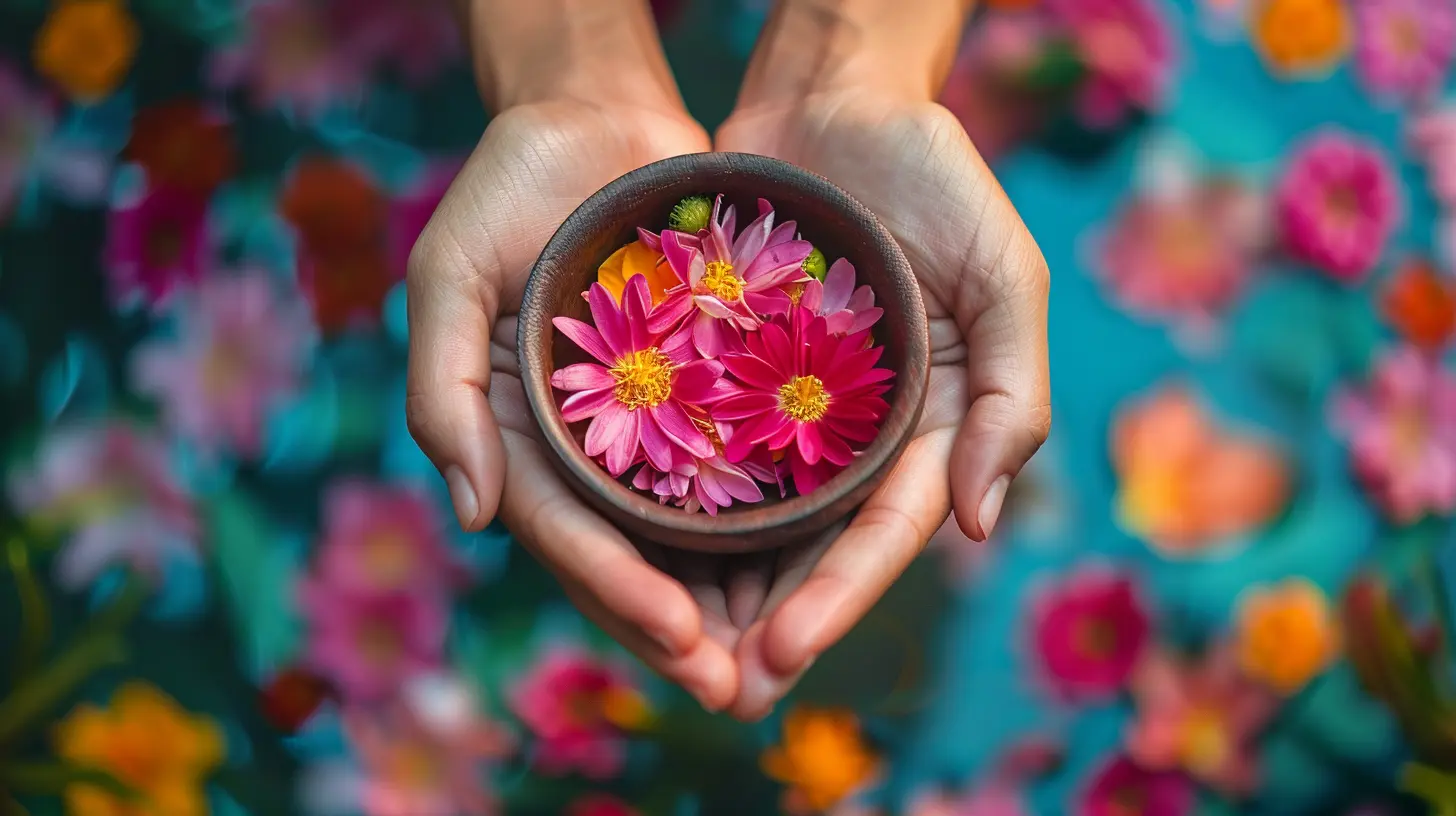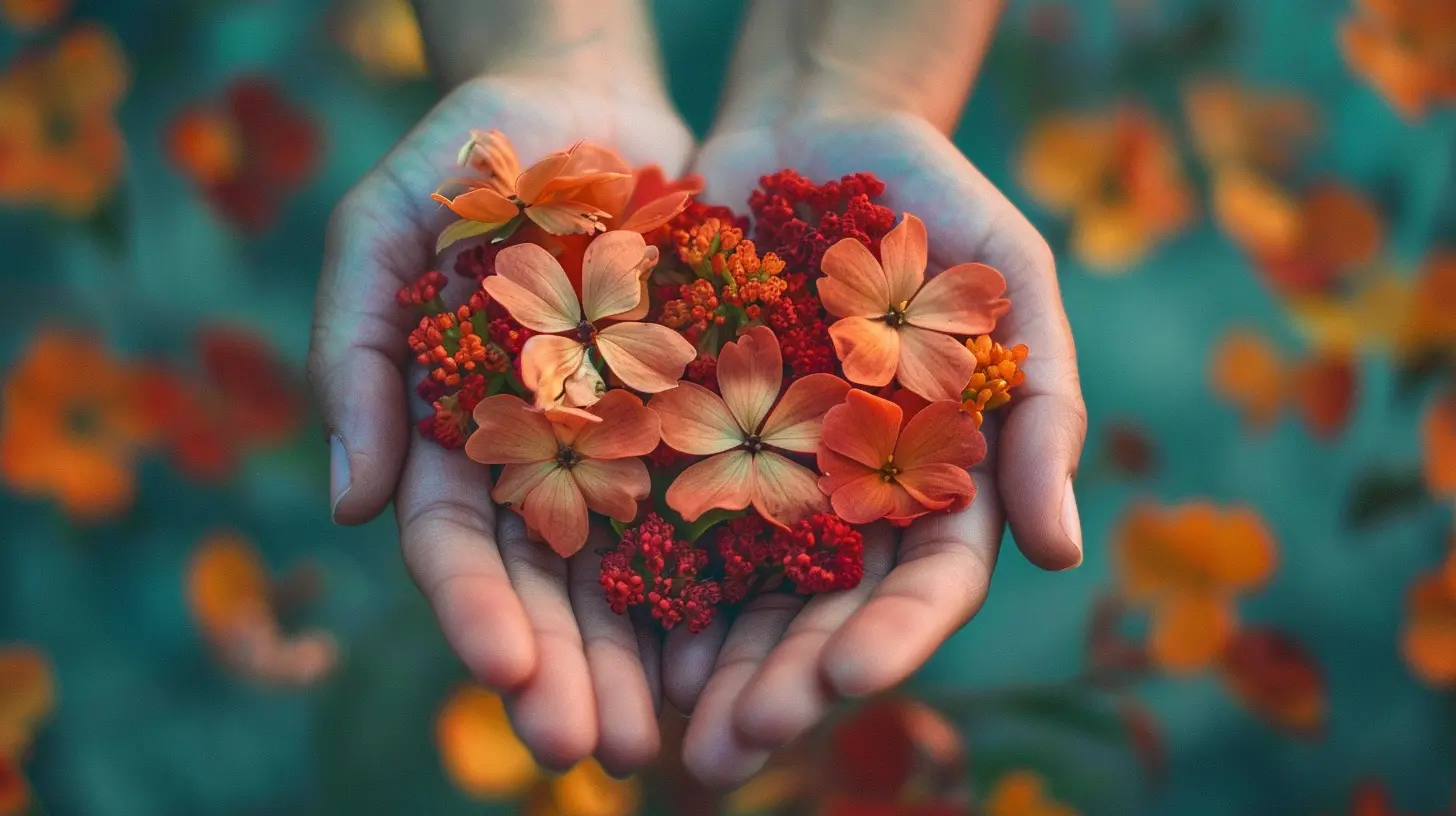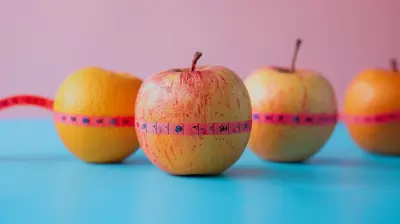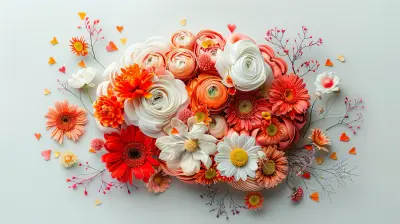How Gratitude Can Transform Your Overall Wellbeing
16 July 2025
Have you ever noticed how a simple "thank you" can brighten someone's day? Well, turns out, it can do wonders for your health too! Gratitude isn't just about good manners—it’s a legit superpower for your mind, body, and soul. Science backs it up, and hey, who doesn’t want an easy, side-effect-free way to feel better?
Let’s dive into why counting your blessings might just be the best free therapy session you’ve ever had. 
What Exactly Is Gratitude?
Gratitude is like that warm, fuzzy feeling you get when someone holds the door open for you, or when your pizza delivery guy arrives way earlier than expected. It’s the act of appreciating the good things in life—big or small—and acknowledging them consciously.But here’s the kicker: Gratitude isn’t just about saying "thanks." It’s a mindset, a habit, and according to research, a major key to happiness. 
The Science Behind Gratitude and Wellbeing
Still skeptical? Let’s toss in a bit of science. Studies have shown that gratitude can literally rewire the brain. When you practice gratitude regularly, your brain starts focusing more on positive experiences rather than dwelling on the negatives (looking at you, overthinkers).The Brain on Gratitude
Gratitude triggers the release of dopamine and serotonin—your brain’s feel-good chemicals. It’s like giving your mind a happy cocktail, minus the hangover. Over time, this helps improve mood, reduce anxiety, and even combat depression.Stress? What Stress?
Remember that time you lost your keys and had a full-blown meltdown? Practicing gratitude can help reduce stress by lowering cortisol levels—the nasty stress hormone responsible for those overwhelming freak-outs.Better Sleep, Better Life
Can’t sleep because you're busy replaying embarrassing moments from 10 years ago? Try gratitude journaling! Studies suggest that writing down things you’re grateful for before bed can improve sleep quality. So maybe, instead of counting sheep, you should count your blessings.
How Gratitude Improves Physical Health
Wait, wait—so gratitude isn’t just good for my mind but my body too? You bet!Boosts Your Immune System
Turns out, grateful people are healthier. Research suggests that practicing gratitude can strengthen your immune system, making you less likely to get every cold that goes around your office.Reduces Pain (For Real!)
Studies show that people who regularly practice gratitude experience fewer aches and pains. It’s like a natural painkiller—except you don’t have to call your doctor to get it.Encourages Healthy Habits
Who knew that being thankful could make you more likely to eat your veggies and hit the gym? Grateful people tend to take better care of themselves because they appreciate their bodies more.
Emotional & Social Benefits of Gratitude
Let’s be real—life can be a hot mess sometimes. But gratitude has a way of smoothing out rough edges.Happier Relationships
Want to be everyone’s favorite person? Start showing more gratitude! Studies show that people who express appreciation in their relationships are more likely to strengthen their bonds and keep the love alive.Less Jealousy, More Contentment
In a world where Instagram makes it look like everyone is living their best life (spoiler: they’re not), gratitude keeps you grounded. Focusing on what you have instead of what others have can seriously boost life satisfaction.A Magnet for Positivity
Good vibes attract good vibes, right? Practicing gratitude can make you someone that others actually want to be around. You’ll notice that the more grateful you are, the more positivity comes your way.How to Make Gratitude a Daily Habit
Okay, you’re convinced. Gratitude is the secret sauce to a better life. But how do you actually make it a habit?1. Keep a Gratitude Journal
Get yourself a cute notebook (or just use your phone) and jot down three things you’re grateful for each day. They don’t have to be profound—it can be as simple as "Had coffee before anyone spoke to me this morning."2. Express It!
Tell people you appreciate them. Send a random "thank you" text. Compliment your coworker’s terrible-yet-endearing dad jokes. Gratitude grows when you share it.3. Reframe the Negatives
Stuck in traffic? Instead of raging, think: "At least I have a car and time to listen to my favorite podcast." Training your brain to find silver linings can be a game-changer.4. Gratitude Meditation
Yes, meditation, but make it thankful. Spend a few minutes each day reflecting on what you appreciate. It’s like a mental detox from all the clutter in your brain.5. Say Grace (Even If You’re Not Religious)
Before meals, pause for a second and appreciate your food. It creates a sense of mindfulness and makes you savor the moment—plus, it might stop you from inhaling your fries at record speed.The Gratitude Challenge: Try It for 30 Days
Alright, time to put this into action! Challenge yourself to practice gratitude for 30 days and see if it makes a difference. Write things down, say thank you more often, and focus on the good.After a month, you might just notice:
✅ You’re less stressed
✅ You complain less
✅ You feel happier
✅ People want to be around you more
And honestly? That’s way better than doomscrolling and feeling miserable.
Final Thoughts: Gratitude is the Real Glow-Up
Here’s the deal: Gratitude isn’t some magical fix for all of life’s problems. But it can shift your perspective and help you handle stress better. It’s free, easy, and has legit science backing it up—so why not give it a try?So, what are you grateful for today? (If you’re stuck, I’ll help: you made it to the end of this article, and that’s something!
all images in this post were generated using AI tools
Category:
WellnessAuthor:

Angelo McGillivray
Discussion
rate this article
1 comments
Xavi Hardy
Embrace gratitude daily; it’s a powerful key to unlock your wellbeing!
July 25, 2025 at 4:13 AM

Angelo McGillivray
Thank you! Embracing gratitude truly fosters a positive mindset and enhances overall wellbeing.


